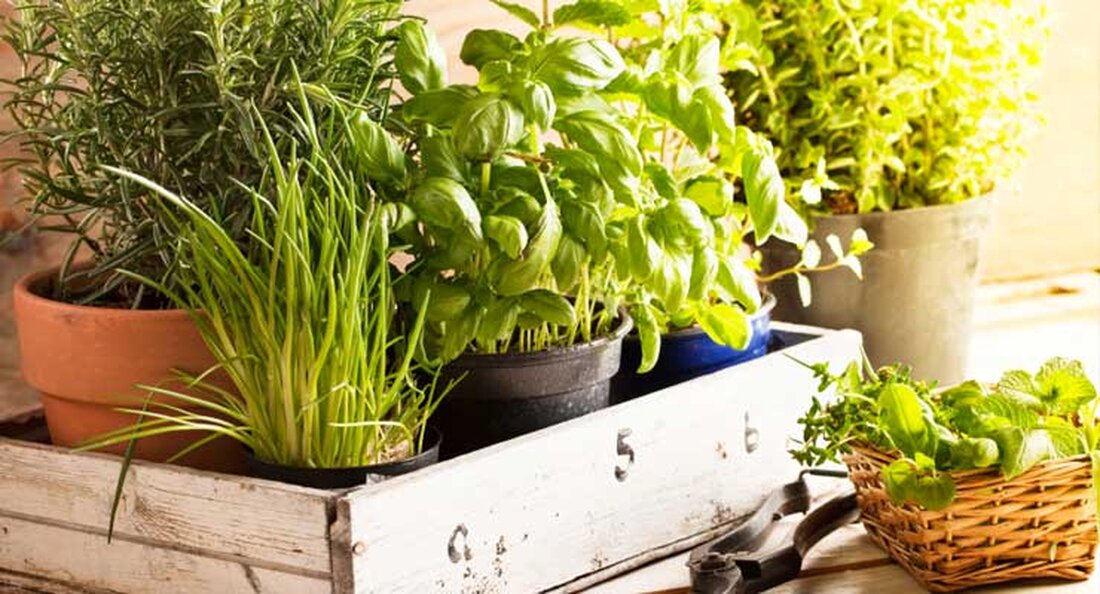Spicy anti-cancer herbal compound - Apigenin
The news that someone close to us or someone particularly famous has been diagnosed with a malignant disease can make us think. When this happens, we often stop to think that the odds are pretty stacked against cancer and that it's only a matter of time before we have to face that "suspicious" lump or a sinister shadow on the X-ray plate. These thoughts aren't really surprising given the variety of different cancers that have the potential to invade our bodies - common cancers such as breast, prostate, colon and lung cancer, as well as the...

Spicy anti-cancer herbal compound - Apigenin
The news that someone close to us or someone particularly famous has been diagnosed with a malignant disease can make us think. When this happens, we often stop to think that the odds are pretty stacked against cancer and that it's only a matter of time before we have to face that "suspicious" lump or a sinister shadow on the X-ray plate.
These thoughts aren't really surprising given the variety of different cancers that have the potential to invade our bodies - common cancers like breast, prostate, colon and lung cancer, as well as the less common cancers like leukemia and thyroid cancer.
If we are wise, we will strive to reduce our risk of cancer by eating sensibly, not smoking, reducing our alcohol consumption, and exercising regularly. What we should also do, according to a growing body of research, is eat more foods that contain the natural compound apigenin.
SOURCES OF APIGENIN
Apigenin is an antioxidant flavonoid found in herbs, spices and other food plants. Examples of foods that contain apigenin include herbs and spices, coriander, licorice, marjoram, parsley, oregano, rosemary and tarragon. Other foods such as citrus fruits, tea, celery and wheat also contain significant amounts of this yellow cancer-fighting compound.
SCIENTIFIC RESEARCH
Although most of the research on this compound has been limited to the laboratory, scientists studying apigenin have discovered that it has several different mechanisms, all of which help counteract the complex factors that underlie the growth of cancer cells.
Apigenin not only interferes with a number of cancer signaling processes, but also inhibits the growth of new blood vessels that malignant cells need to grow and multiply.
HER2 BREAST CANCER GENE
In breast cancer, it also inhibits the expression of the HER2/neu gene. Women who are HER2/neu carriers are much more susceptible to an aggressive, treatment-resistant form of cancer for which, until recently, there was no effective treatment.
Apigenin has been shown to suppress the activity of this gene, and in this regard it joins its green tea-based flavonoid epigallocatechin gallate as an effective preventive agent in those unfortunate enough to inherit the HER2/neu gene.
CANCERS SENSITIVE TO APIGENIN
To date, apigenin has been found to inhibit the following cancer cell lines: breast, prostate, lung, leukemia, colon, ovary, skin and thyroid - malignancies responsible for the vast majority of cancers that most of us fear.
PREVENTION INSTEAD OF CURE
It will be a long time before the use of apigenin in the TREATMENT of these malignancies is explored.
And, of caution, there is also some evidence that high doses of apigenin may actually interfere with one or two chemotherapy drugs used in the treatment of leukemia.
In other words, a higher dosage of a beneficial anti-cancer phytonutrient is not always better than the lower dosages that are effective in preventing the onset of the disease.
EAT MORE SPICES
Instead of waiting for it, we should be more proactive and eat foods that contain this important phytonutrient.
Regular intake of herbs and spices such as coriander (coriander), licorice, marjoram, oregano, parsley, rosemary and thyme (as well as other foods such as whole grains, celery, tea and citrus fruits) should provide protective levels of apigenin.
In addition, these and other spices provide many other compounds that have been shown to have anti-cancer properties.

 Suche
Suche
 Mein Konto
Mein Konto
